After the local council labeled the birds ‘pests,’ thousands of native Australian cockatoos were trapped and murdered using modified garbage bins.
The special wheelie bins are the most recent instrument in Rockingham Council’s $8,000-per-year corella culling program, which started with non-lethal means.
The council, located 50 kilometers south of Perth, claims that the population has ‘increasing dramatically,’ resulting in significant environmental harm, public health concerns, and habitat impact on other species in the area.
Sunflower seeds are used in the council-approved design to attract birds to a space between the wheels.
The birds are subsequently euthanized by council-hired contractors who have been authorised by the Department of Biodiversity, Conservation, and Attractions in Western Australia.
Frustrated wildlife rescuer and critic of the corella culls, Shelly Vokes, 48, said the ‘stress’ of the situation stopped her volunteering.
‘I quit. I’m not doing this anymore,’ Ms Vokes told Yahoo News.
‘They’ve lost a volunteer rescuer, because there’s no way I’m going to keep looking after these birds, and then let them go for this council to kill them.’
The program has killed 1,038 little corellas, which are originally from eastern Australia, and 58 long-billed corellas which are indigenous to the region.
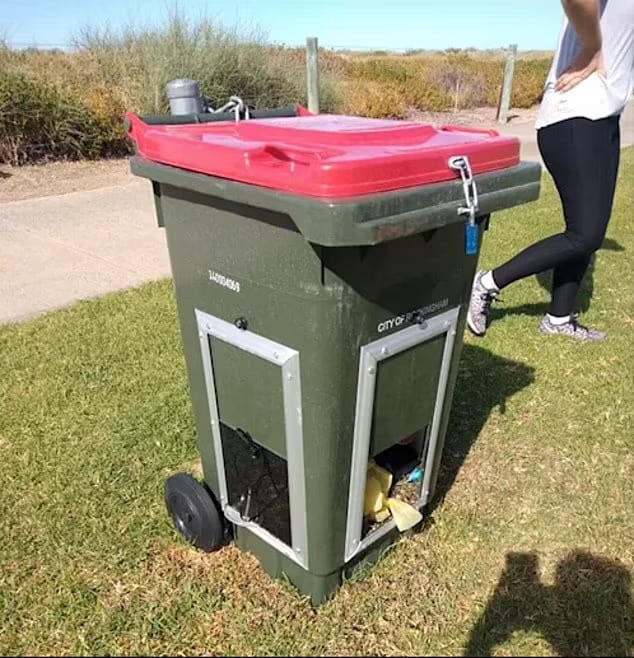
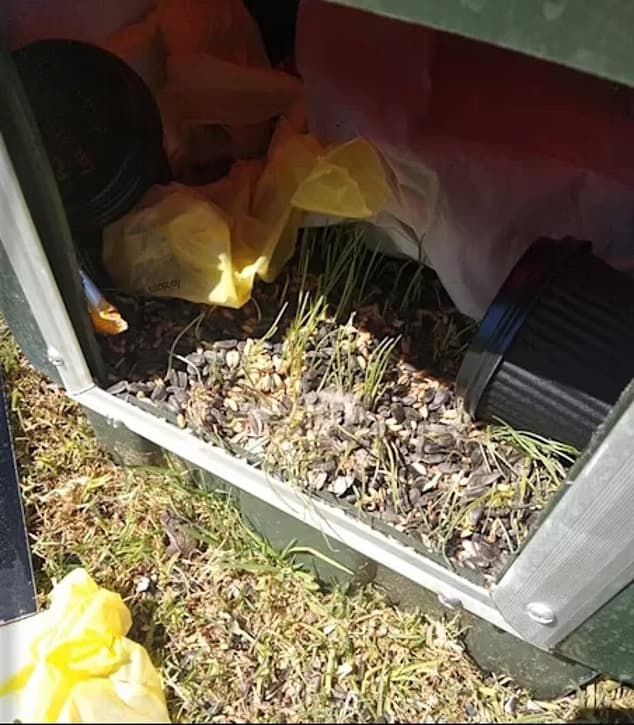
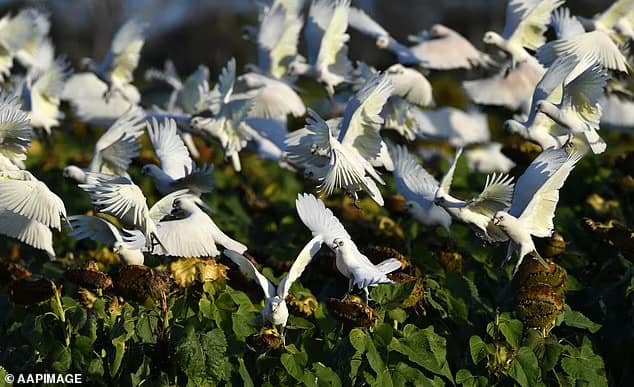
The culling campaign has divided the community since its beginning in 2014. Many residents labelled it cruel but others who complained about the birds backed it.Rockingham Mayor Deb Hamblin said the council tried non-lethal methods to control the growing corella population but was unsuccessful.
‘The City has researched, investigated and put in place non-lethal methods. However, non-lethal methods have only ever provided very short term effectiveness,’ she said.
‘Irri-tape (a visual bird deterrent) was found to have some effect but after a few days the birds became accustomed to it and essentially ignored it.’
Known collectively as corellas, three of the six species in the world are only found in Australia.
The relatively small cockatoos form large flocks plaguing the same area for days until food stores run out.
They have inflicted significant amounts of damage to crops, powerlines, and even asphalt along roadsides.
Their ability to remove eggs from nest hollows and kill and maim advanced nestlings poses a major threat to black cockatoos.
The City of Rockingham website states that culling of any wildlife ‘is potentially distressing’ but measures needed to be taken to ensure sustainability.
‘Unfortunately it is a measure of last resort which must be taken to protect the larger environment, to minimise the increasing damage these species are causing throughout the community, and to reduce the pest corella population to levels that are determined to be ecologically sustainable,’ the site says.
Corellas are a protected species under both state and commonwealth legislation and a licence issued by DBCA is required before any reduction to their population is made.
This article by Antoinette Milienos was first published by The Daily Mail on 29 March 2022. Lead Image: The council website state that culling programs are a last resort used to protect the larger environment (stock image).
What you can do
Support ‘Fighting for Wildlife’ by donating as little as $1 – It only takes a minute. Thank you.
Fighting for Wildlife supports approved wildlife conservation organizations, which spend at least 80 percent of the money they raise on actual fieldwork, rather than administration and fundraising. When making a donation you can designate for which type of initiative it should be used – wildlife, oceans, forests or climate.
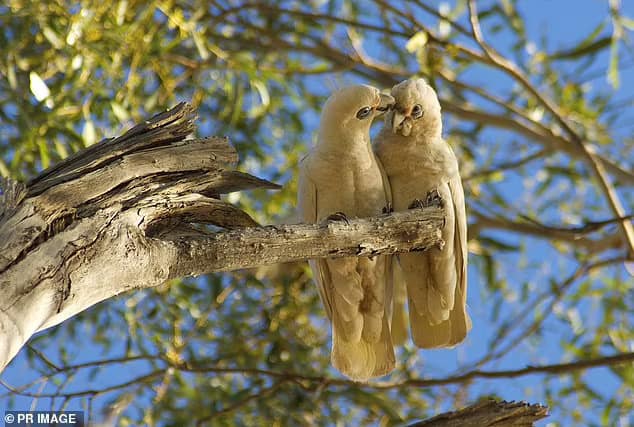
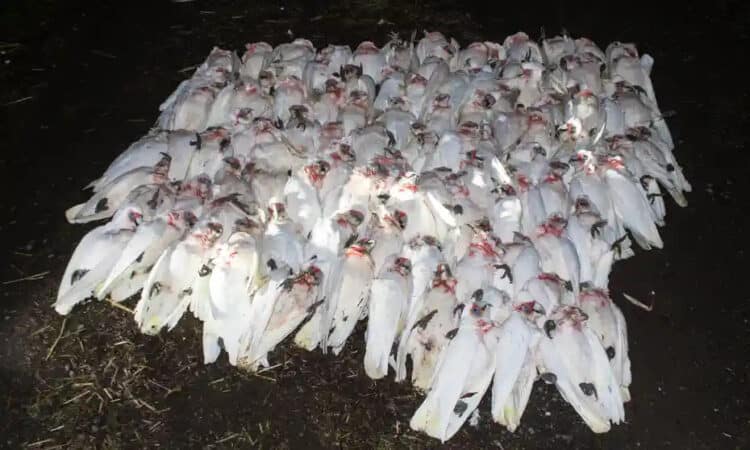

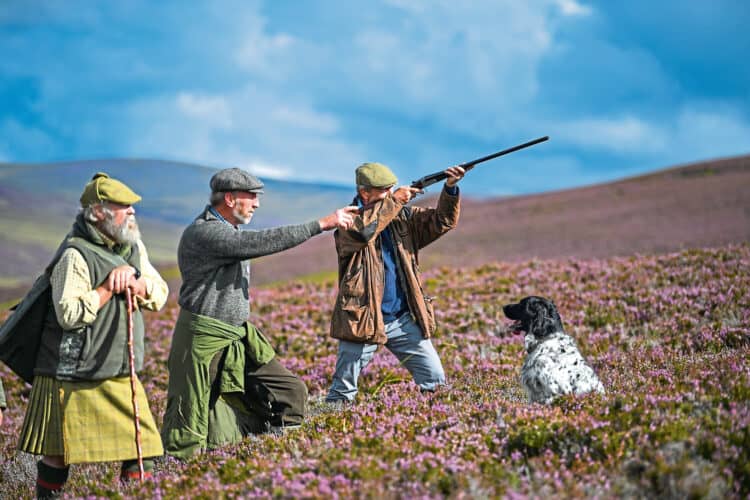

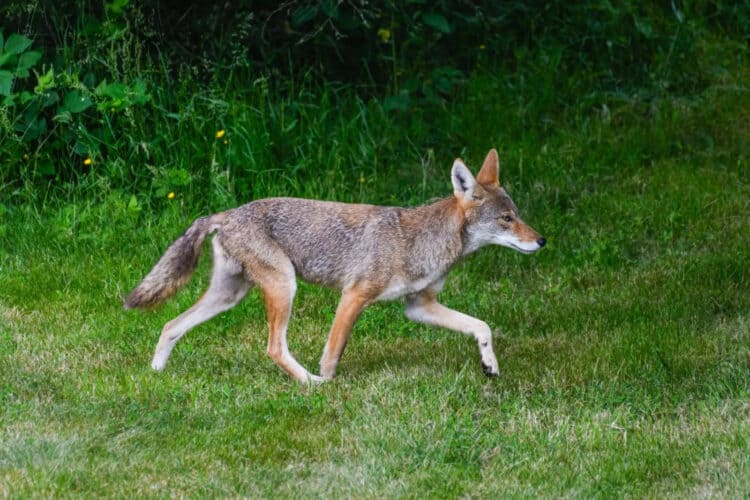
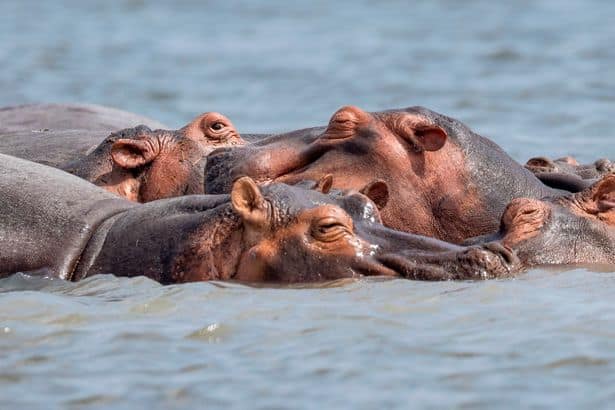
Leave a Reply